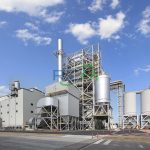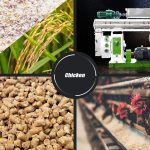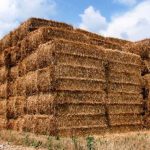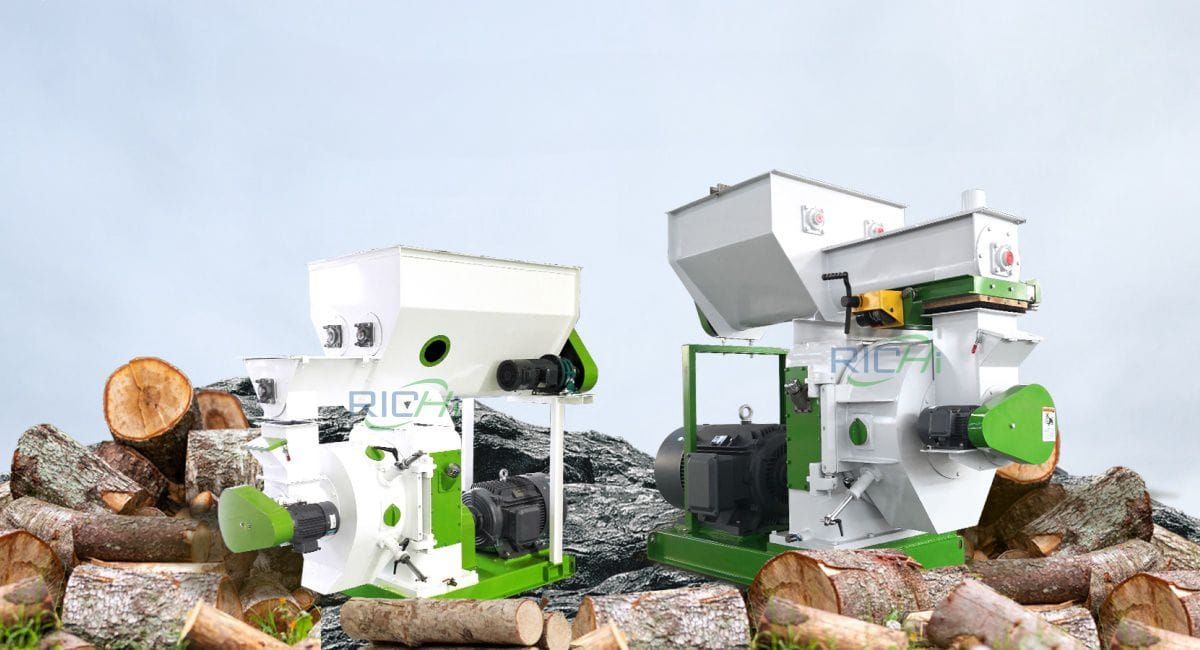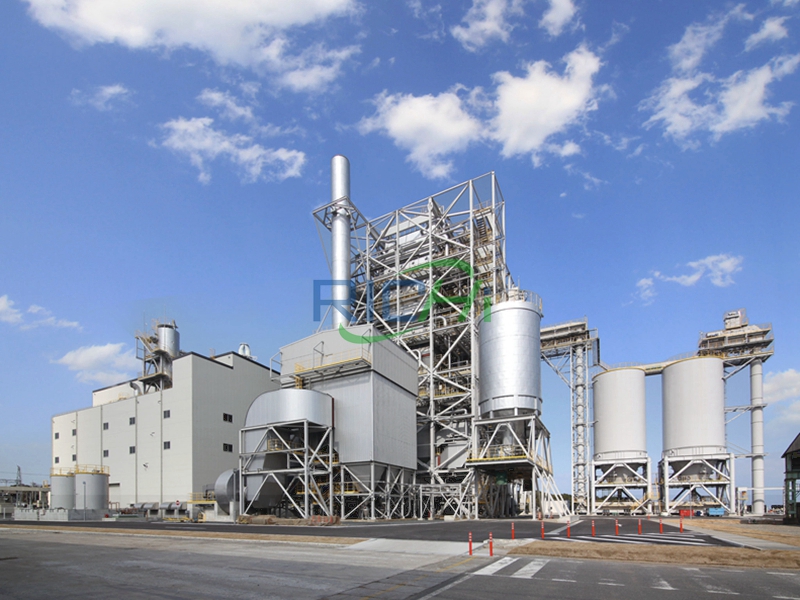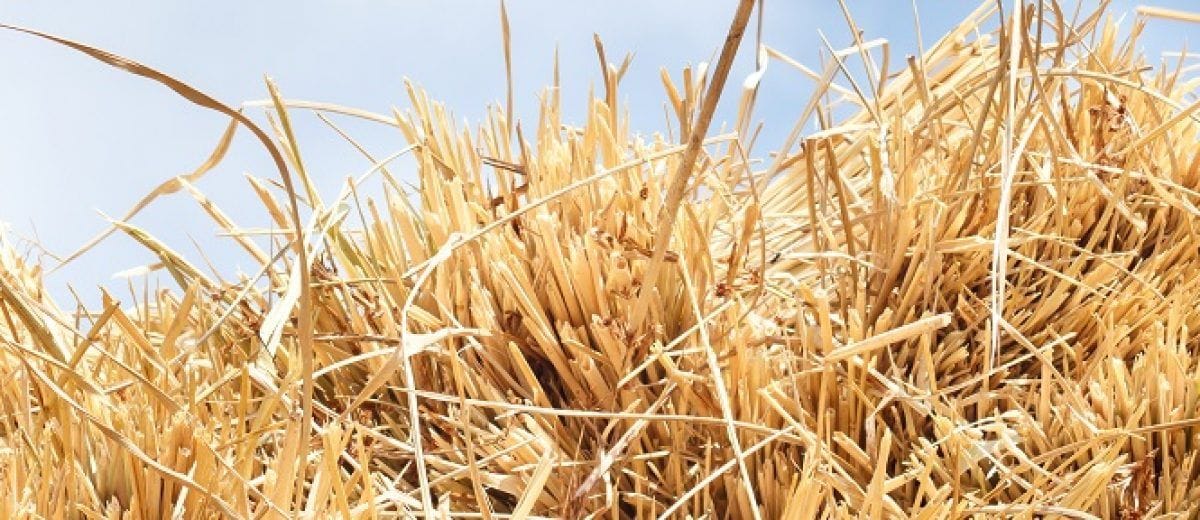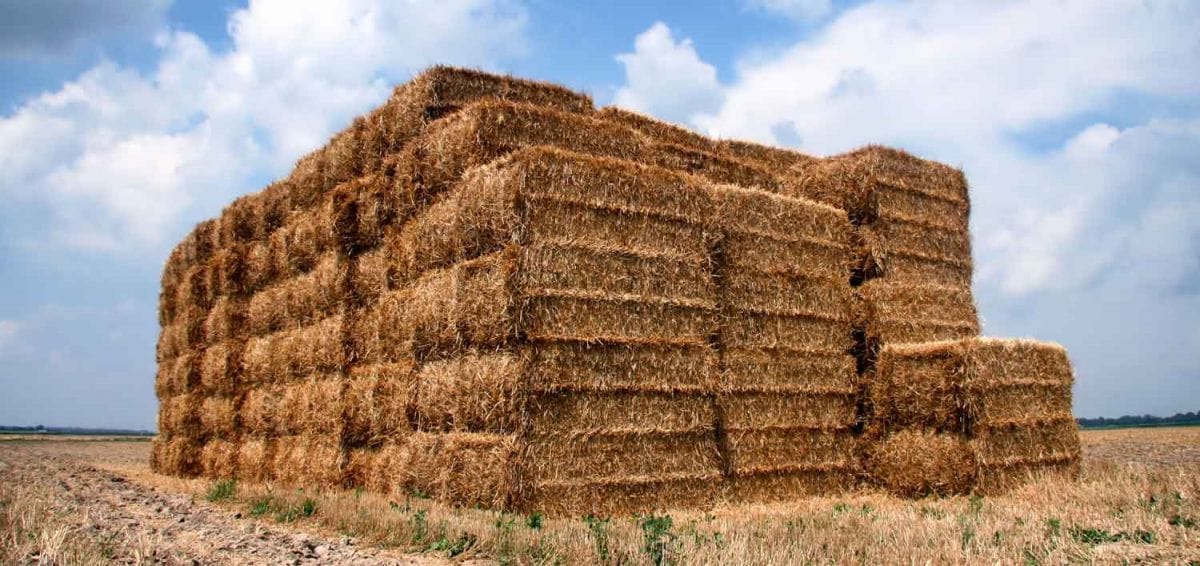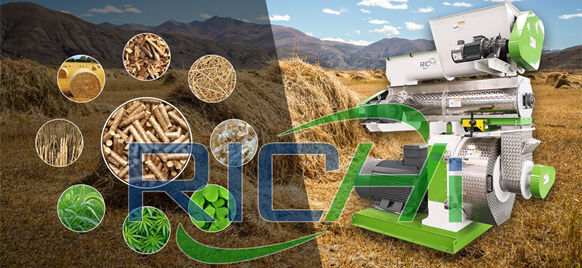In the ever-evolving landscape of renewable energy and sustainable manufacturing, wood pellet extruder machines have emerged as versatile and indispensable pieces of equipment. These specialized machines are designed to transform various types of biomass materials, including wood waste, sawdust, and agricultural residues, into dense, cylindrical pellets that serve as a cost-effective and environmentally friendly fuel source.
While the primary application of wood pellet extruder machines lies in the production of biomass pellets for residential and industrial heating, their capabilities extend far beyond this single use. These machines have found applications across diverse industries, from animal feed production to the manufacturing of composite materials, showcasing their adaptability and potential for innovation.
Biomass Pellet Production for Heating and Energy Generation
The most well-known application of wood pellet extruder machines is the production of biomass pellets for heating and energy generation purposes. These pellets, made from compressed wood waste or other plant-based materials, offer a sustainable and carbon-neutral alternative to traditional fossil fuels.Biomass pellets produced by wood pellet extruder machines are widely used in residential and commercial heating systems, such as pellet stoves and boilers, providing a clean and efficient source of heat.
Additionally, these pellets can be co-fired with coal in power plants, reducing the overall carbon footprint of electricity generation.The use of biomass pellets not only contributes to reducing greenhouse gas emissions but also promotes the efficient utilization of waste materials, supporting the principles of a circular economy and sustainable resource management.
Animal Feed Production
Beyond their role in energy production, wood pellet extruder machines have found applications in the animal feed industry. These machines can process a variety of agricultural residues, such as wheat straw, corn stover, and rice husks, into dense pellets suitable for use as animal feed.The extrusion process employed by these machines not only compacts the raw materials into pellets but also enhances their nutritional value and digestibility.
The high temperatures and pressures involved in the extrusion process can break down complex carbohydrates and improve the bioavailability of nutrients, making the resulting pellets a more nutritious and efficient feed source for livestock and poultry.By utilizing agricultural residues and byproducts, the animal feed industry can reduce its reliance on traditional feed sources, such as grains and oilseeds, while also contributing to the sustainable management of waste materials.
Composite Material Manufacturing
Wood pellet extruder machines have also found applications in the manufacturing of composite materials, particularly in the production of wood-plastic composites (WPCs). WPCs are engineered materials that combine wood fibers or particles with thermoplastic polymers, resulting in products with enhanced properties and versatile applications.In this process, wood pellet extruder machines are used to extrude a mixture of wood fibers or particles and molten plastic, creating a homogeneous composite material.
The resulting WPC pellets can then be further processed into various products, such as decking boards, fencing, and outdoor furniture, offering a durable and environmentally friendly alternative to traditional wood or plastic products.The use of wood pellet extruder machines in WPC manufacturing not only promotes the efficient utilization of wood waste but also contributes to the development of sustainable and innovative building materials.
Biofuel Production
Another emerging application of wood pellet extruder machines is in the production of biofuels, such as bioethanol and biodiesel. These machines can process various types of lignocellulosic biomass, including agricultural residues, forestry waste, and dedicated energy crops, into densified pellets suitable for biofuel production processes.The pelletization process facilitated by wood pellet extruder machines improves the handling, transportation, and storage characteristics of the biomass feedstock, making it more efficient and cost-effective for biofuel production facilities.
Additionally, the extrusion process can enhance the accessibility of cellulose and hemicellulose in the biomass, improving the efficiency of subsequent biochemical or thermochemical conversion processes.By contributing to the production of sustainable biofuels, wood pellet extruder machines play a crucial role in supporting the transition towards a more diversified and renewable energy landscape.
Soil Amendment and Horticultural Applications
In the realm of agriculture and horticulture, wood pellet extruder machines have found applications in the production of soil amendments and horticultural products. These machines can process various organic materials, such as wood chips, bark, and compost, into pellets that can be used as soil conditioners or mulching materials.The pelletized form of these organic materials offers several advantages, including improved handling, storage, and application characteristics.
Additionally, the extrusion process can enhance the decomposition rate and nutrient availability of the organic matter, making it a more effective soil amendment for promoting plant growth and soil health.By utilizing wood waste and other organic materials, the horticultural industry can reduce its reliance on synthetic fertilizers and contribute to sustainable and environmentally friendly gardening and landscaping practices.
Emerging Applications and Future Potential
As technology continues to evolve and the demand for sustainable solutions grows, the applications of wood pellet extruder machines are likely to expand even further. Researchers and innovators are exploring the potential of these machines in areas such as advanced biofuel production, biochar manufacturing, and the development of novel biomaterials.For instance, wood pellet extruder machines can be used to produce biochar, a carbon-rich material with applications in soil amendment, water filtration, and carbon sequestration.
Additionally, these machines may play a role in the production of advanced biofuels, such as cellulosic ethanol or renewable diesel, by providing a consistent and densified feedstock for conversion processes.As the world continues its transition towards a more sustainable and circular economy, the versatility and adaptability of wood pellet extruder machines position them as valuable tools for innovation and resource efficiency across various industries.
By exploring and leveraging the diverse applications of wood pellet extruder machines, businesses and organizations can contribute to the development of sustainable solutions, promote the efficient utilization of biomass resources, and support the transition towards a more environmentally responsible and economically viable future.
Related post: https://www.richipelletmachine.com/sawdust-pellet-machine-price/

